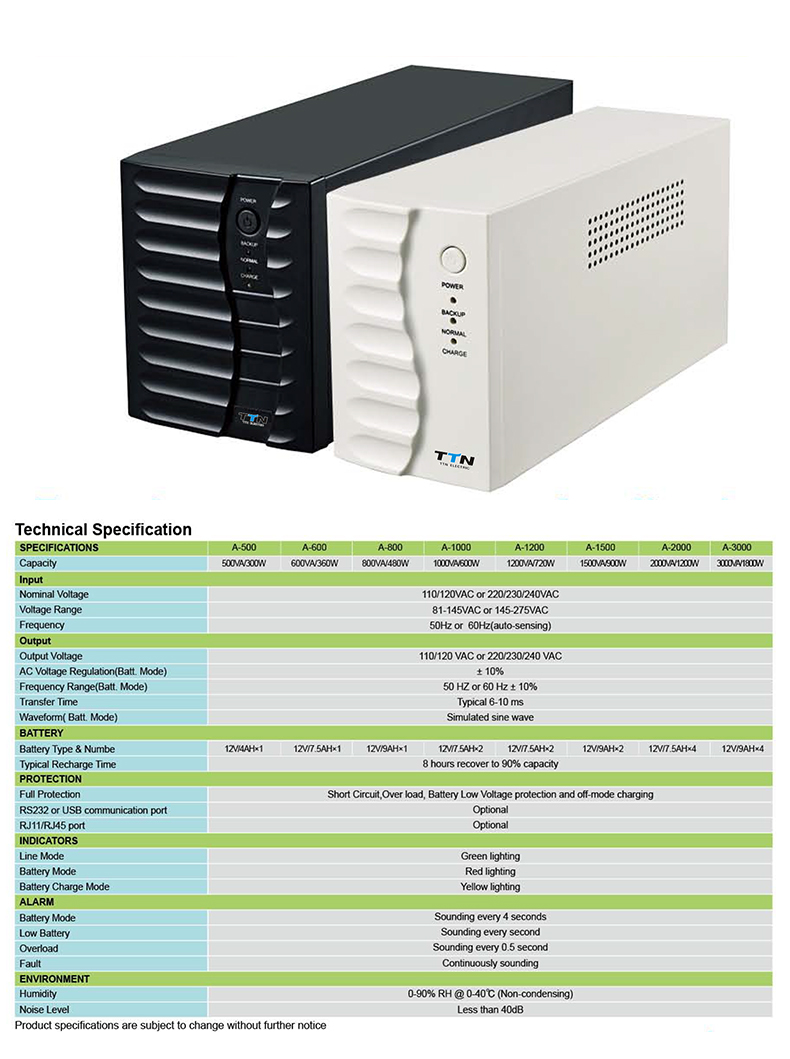It's an old post from a forum that has been seen by many, but it's still very valuable and worth sharing with everyone here. Many people online often ask what knowledge an RF engineer should have and how to get into RF work. There are countless discussions on this topic, showing it's a common concern. But how can you excel in RF work? No one can claim there's only one right way to do it. If your university professors or mentors didn't make you feel like you've truly learned RF technology, then it's hard to say others can guide you effectively.
My own major wasn’t microwave engineering, and I’ve only been working on RF circuit design for less than seven years. I’ve never had a clear path to learning RF. How to learn RF well has always been a big challenge for me. I believe the key is to start with the actual tasks of an RF engineer.
The specific responsibilities of RF engineers vary depending on their field. For example, if you're a "microwave engineer" at a communication device company, your job might involve designing low-noise amplifiers, mixers, power amplifiers, and frequency synthesizers. If you're an "RF engineer" at an RFID company, you’ll likely focus on microstrip antennas, low-noise amplifiers, and high-frequency components. In mobile phone companies, there are even specialized roles like "mobile phone RF engineers."
So, what exactly do these RF engineers do?
1. **Circuit System Analysis**: They analyze the entire RF system, define design goals, allocate module specifications, follow EMC standards, and propose component requirements.
2. **Circuit Design**: This includes block diagrams and detailed circuit design, which is fundamental to RF engineering. It’s about translating system goals into practical designs.
3. **Component Selection and Evaluation**: Choosing the right components is crucial. You need to consider cost, performance, availability, and more.
4. **Software Simulation**: Tools like ADS, MWO, HFSS, or CST help simulate designs. While not 100% accurate, they provide a good starting point and help build confidence.
5. **PCB Layout**: The layout directly affects performance. A good layout considers signal integrity, EMC, and manufacturing constraints.
6. **Debugging and Analysis**: Debugging isn’t just about fixing problems—it’s about gaining experience and improving future designs.
7. **Testing**: RF engineers must be skilled in using instruments like spectrum analyzers, network analyzers, and oscilloscopes. Testing is essential for validating designs.
8. **Hands-on Experience**: Don’t underestimate the value of soldering, testing, and hands-on work. Real-world experience builds understanding.
In real work, learning RF isn’t just about theory. Practical experience is key. Many people think they can skip the lab and just study, but that’s a mistake. To truly understand RF, you need to be in the lab, experiment, and test. Start as a lab technician, understand every component, trace, and function. Stay humble, stay curious, and don’t be afraid to get your hands dirty.
When learning RF, avoid getting stuck on one problem. Jump over what you don’t understand for now and keep moving forward. Sometimes, later chapters will clarify earlier confusion. Also, keep detailed notes—this helps you track progress and recall important insights.
Ask experienced colleagues, observe, and learn from others. Everyone has different perspectives, and listening to them can accelerate your growth. Most importantly, stay open-minded, stay curious, and keep experimenting. That’s how real engineers grow.
Offline
Compact size
Intelligent CPU Control
Boost and buck AVR for voltage stabilization
Off model charging
cold start function
Auto restart while AC is recovering

Offline Ups,Apc Offline Ups,Offline Ups For Home,600Va Offline Ups
zhejiang ttn electric co.,ltd , https://www.ttnpower.com
